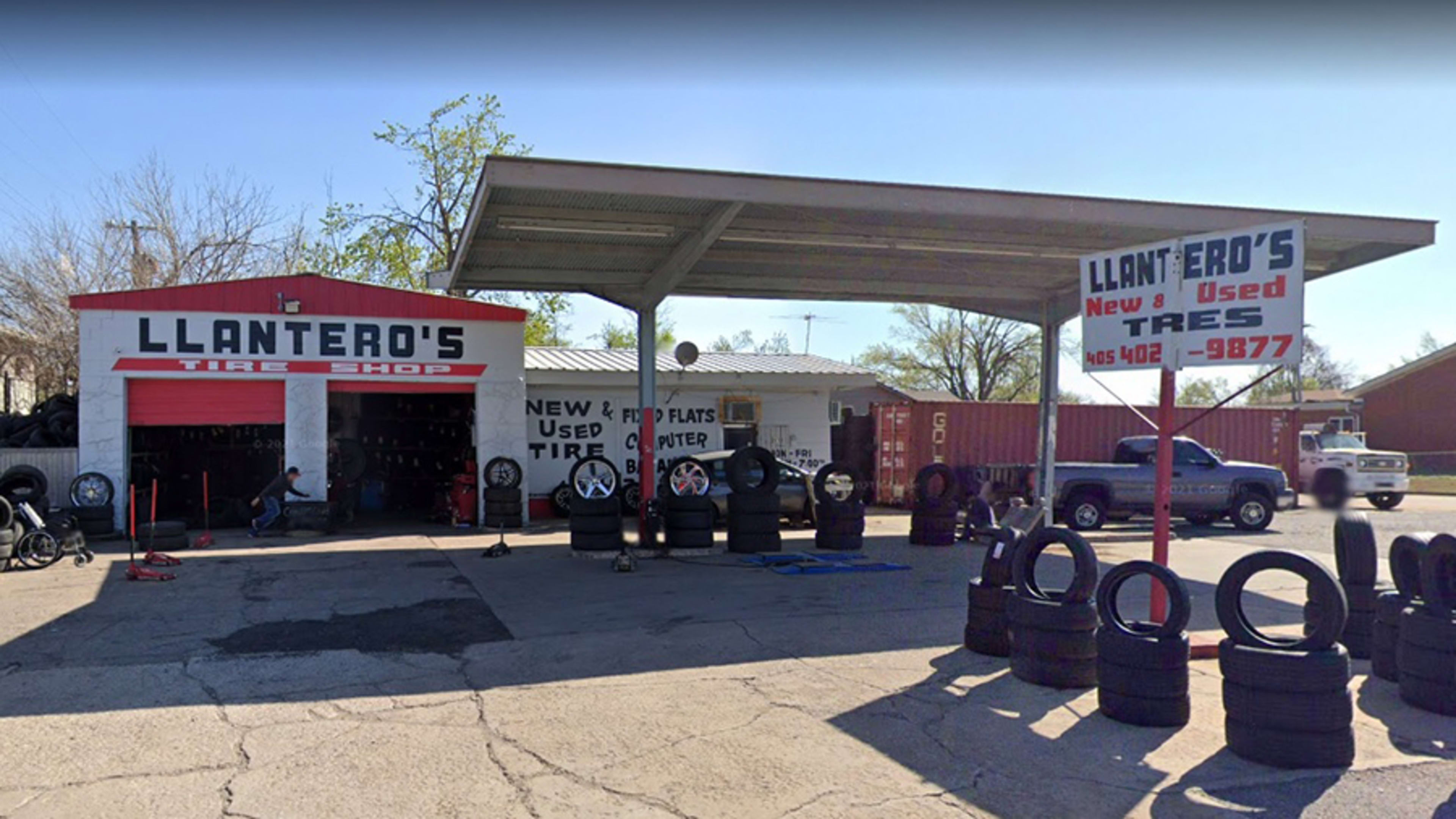The Ecological Benefits of Correct Tire Maintenance
Maintaining appropriate tire care is often neglected, yet its impact on the setting is profound. Appropriate tire upkeep not just prolongs the life expectancy of tires yet likewise reduces land fill waste and adds to improved air top quality.
Decreased Gas Usage
Improving tire upkeep practices can lead to a considerable reduction in gas consumption for lorries. According to the U.S. Department of Power, underinflated tires can reduce gas mileage by 0.2% for every 1 psi decrease in stress in all four tires.
In enhancement to tire pressure, routine tire rotations and alignments additionally play a crucial function in fuel efficiency. Erratically used tires can boost gas usage as the engine works harder to preserve rate and traction. By maintaining proper placement and revolving tires at recommended intervals, drivers can make sure even put on and prolong the life of their tires, inevitably saving gas and reducing their carbon impact.
Extended Tire Life Expectancy
Extending the life-span of tires is an essential element of effective automobile maintenance practices that can yield price financial savings and environmental advantages in the long run. By effectively maintaining tires, chauffeurs can considerably extend their functionality, decreasing the regularity at which brand-new tires need to be made and old ones disposed of. This not just saves beneficial sources but likewise lessens the power and exhausts related to tire manufacturing and disposal processes.
Routinely checking tire pressure, revolving tires, and making sure proper placement are crucial steps in extending tire life expectancy. Sufficient walk depth is important for optimum grip and safety, but it additionally contributes in for how long tires can be made use of before requiring replacement. In addition, avoiding aggressive driving behaviors that increase tire wear, such as severe braking and doglegs, can even more boost tire sturdiness.
Ultimately, increasing the durability of tires through aggressive maintenance not only profits the environment by decreasing waste and saving resources however also causes cost financial savings for automobile proprietors by delaying the need for brand-new tire acquisitions.
Reduced Exhausts Outcome
Reliable tire maintenance techniques add to a reduction in emissions result, straightening with environmental sustainability objectives in the automotive industry. Correctly filled with air tires, regularly turned and straightened, can enhance fuel efficiency, thus decreasing the overall carbon dioxide exhausts from automobiles. When tires are underinflated, the engine has to function harder to push the automobile, bring about increased fuel consumption and higher discharges. By preserving ideal tire pressure degrees, chauffeurs can assist alleviate these adverse environmental impacts.
Furthermore, properly maintained tires also boost grip and reduce rolling resistance, further enhancing gas performance. This, consequently, lowers the quantity of exhaust gases released right into the atmosphere. Additionally, making certain tires are effectively inflated and aligned can extend the life-span of the tires, minimizing the frequency of tire replacements and the connected environmental expenses of tire manufacturing and disposal.

Lowered Land Fill Waste
Provided the positive impact of proper tire upkeep on reducing emissions outcome, an additional considerable environmental benefit is the potential for lowered land fill waste. When tires are not kept appropriately, they wear faster and need to be replaced much more regularly. This causes a greater volume of utilized tires being disposed of in garbage dumps. By making certain that tires are correctly blown up, lined up, balanced, and rotated frequently, their Continued lifespan can be dramatically expanded. This suggests that fewer tires wind up in landfills, decreasing the quantity of non-biodegradable waste in these currently overruning websites.

Improved Air High Quality
Enhancing air quality via correct tire maintenance methods is an important facet of lasting environmental stewardship. When tires are underinflated, they produce more rolling resistance, bring about raised fuel intake and higher exhausts of dangerous pollutants such as carbon monoxide gas and nitrogen oxides. Properly inflated tires not only improve fuel efficiency but additionally decrease the amount of pollutants released right into the air.
Moreover, well-kept tires with appropriate walk depth and placement add to safer motoring conditions, decreasing the likelihood of accidents that can lead to the release of additional pollutants right into the atmosphere. By extending the lifespan More about the author of tires via regular maintenance and rotation, fewer tires are thrown out too soon, decreasing the environmental impact of tire disposal and manufacturing procedures.
Final Thought
In verdict, correct tire upkeep offers many ecological benefits. It is necessary for people to focus on tire upkeep as a straightforward yet efficient means to safeguard the setting for future generations.
Proper tire maintenance not only expands the life expectancy of tires but additionally lowers garbage dump waste and adds to improved air top quality - tire tracks morris il. By preserving correct positioning and turning tires at advised periods, vehicle drivers can make certain also extend the life and use of their tires, eventually saving fuel and lowering their carbon impact
By effectively keeping tires, vehicle drivers can significantly prolong their usability, lowering the frequency at which brand-new tires need to be made and old ones disposed of.Regularly checking tire stress, revolving tires, and ensuring correct alignment are important actions in extending linked here tire life expectancy. Furthermore, ensuring tires are effectively blown up and lined up can extend the lifespan of the tires, minimizing the regularity of tire replacements and the connected ecological costs of tire manufacturing and disposal.